
Our Impact
System Partner Impact Numbers
Reducing impact on people and the planet
Measuring Our Collective Progress Toward Sustainable Production
This commitment to accountability and transparency has driven us to publish the impact numbers from our System Partners, showcasing the efforts and achievements in minimizing their footprint with the bluesign system.
By openly sharing the progress and challenges, we aim to lead by example, fostering trust and driving meaningful change throughout the industry – join the system!
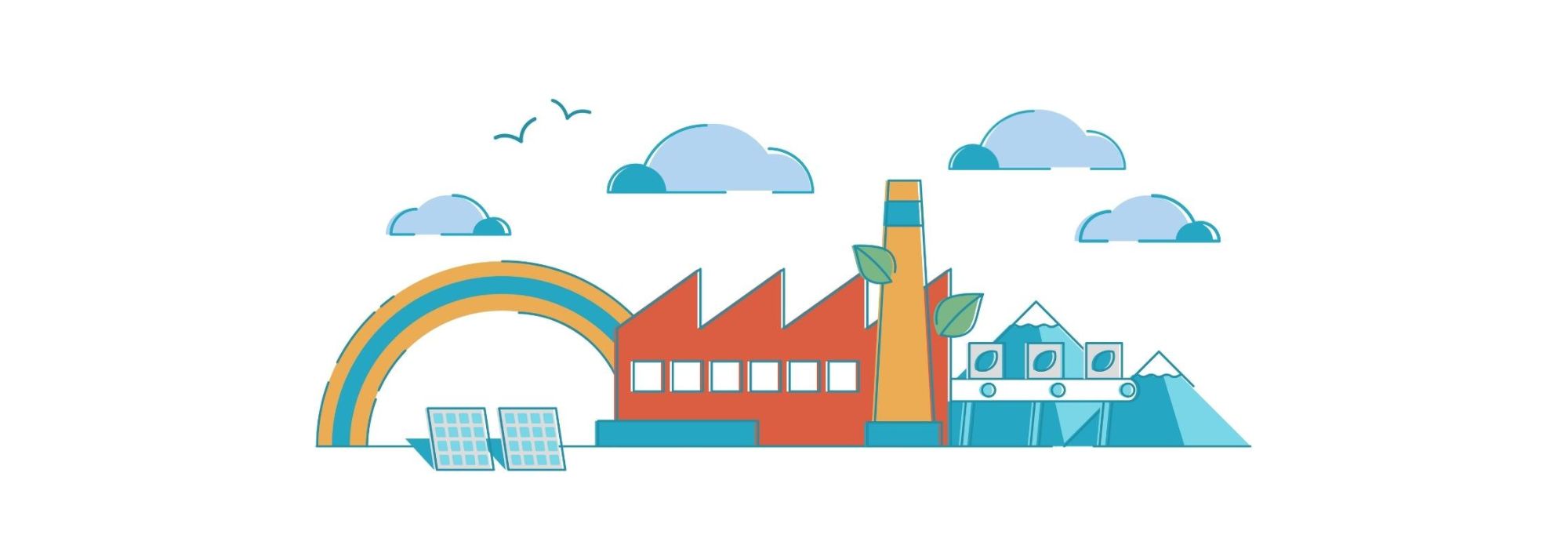

Together with our bluesign System Partner brands, we are on a transformative journey.
It is our partners’ dedicated hard work in reducing their environmental impacts (eKPIs) that this report celebrates.
These numbers are proof that effort brings reward, not for us, but, better still, for the planet and its people.
Our collective dedication to reduce the environmental impact of textile production reflects our shared vision for a sustainable future.
We are determined to continue the journey, and with your support, having more partners join us on that journey of transformation.
Thank you allowing us to join you on this journey, for your collective effort, your continued partnership and most of all for your shared determination to make a positive difference to our planet and its people.

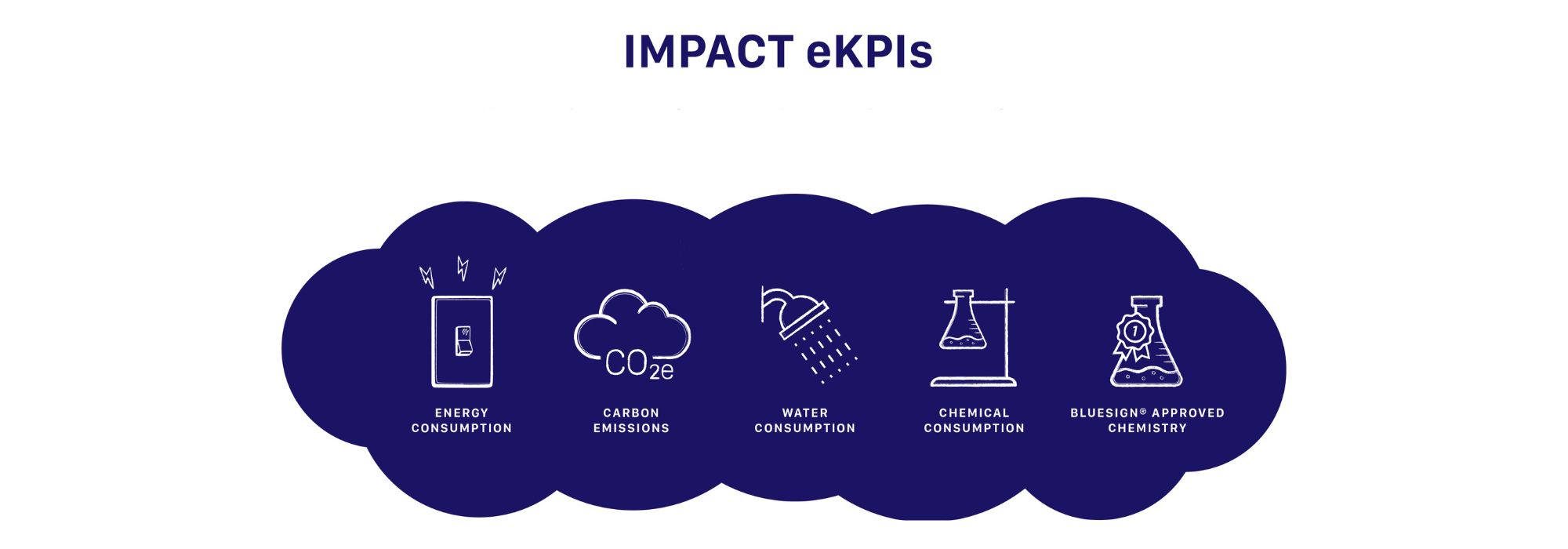
We are turning sustainability into action by empowering responsible manufacturing and providing transparency in the textile supply chain
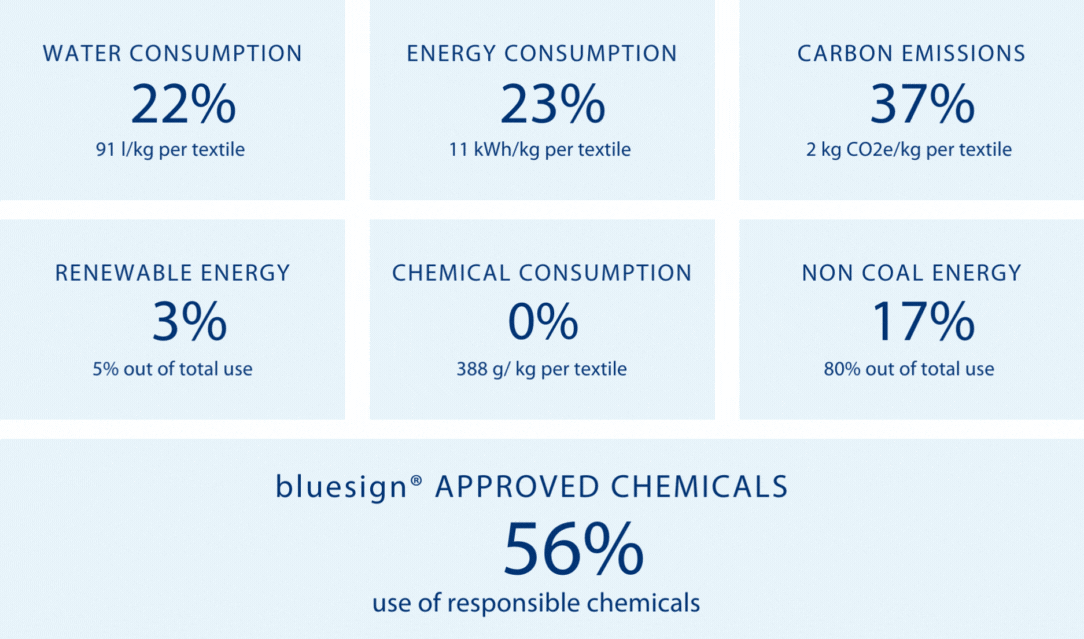
measuring our environmental impact
We use four key environmental performance indicators (eKPIs) to measure our collective progress and drive continuous improvement. These eKPIs provide a clear means of assessing our environmental footprint, ensuring that we remain accountable to our sustainability goals and transparent with our stakeholders. By focusing on these metrics, our partners can collaboratively contribute to a more sustainable future, highlighting the substantial benefits of our unified efforts in eco-friendly production practices.
Together, we are transforming sustainability into reality, one impactful step at a time 🌍
The bluesign System drives responsible resource use in manufacturing. Quantifiable environmental impact is crucial in the textile supply chain. Data is essential for bench-marking, transparency, and improvement.
bluesign® provides a secure platform for manufacturers to validate and manage key e-KPIs—water, energy, chemicals, emissions, and waste—through self-declaration and annual onsite verification. These metrics are showcased in an annual impact report, highlighting resource-saving opportunities, supported by tech analysis and investment plans.
For brands and retailers, bluesign offers a secure overview of their e-KPIs, with an annual report aggregating data from their network. This helps monitor, manage, and showcase environmental achievements.
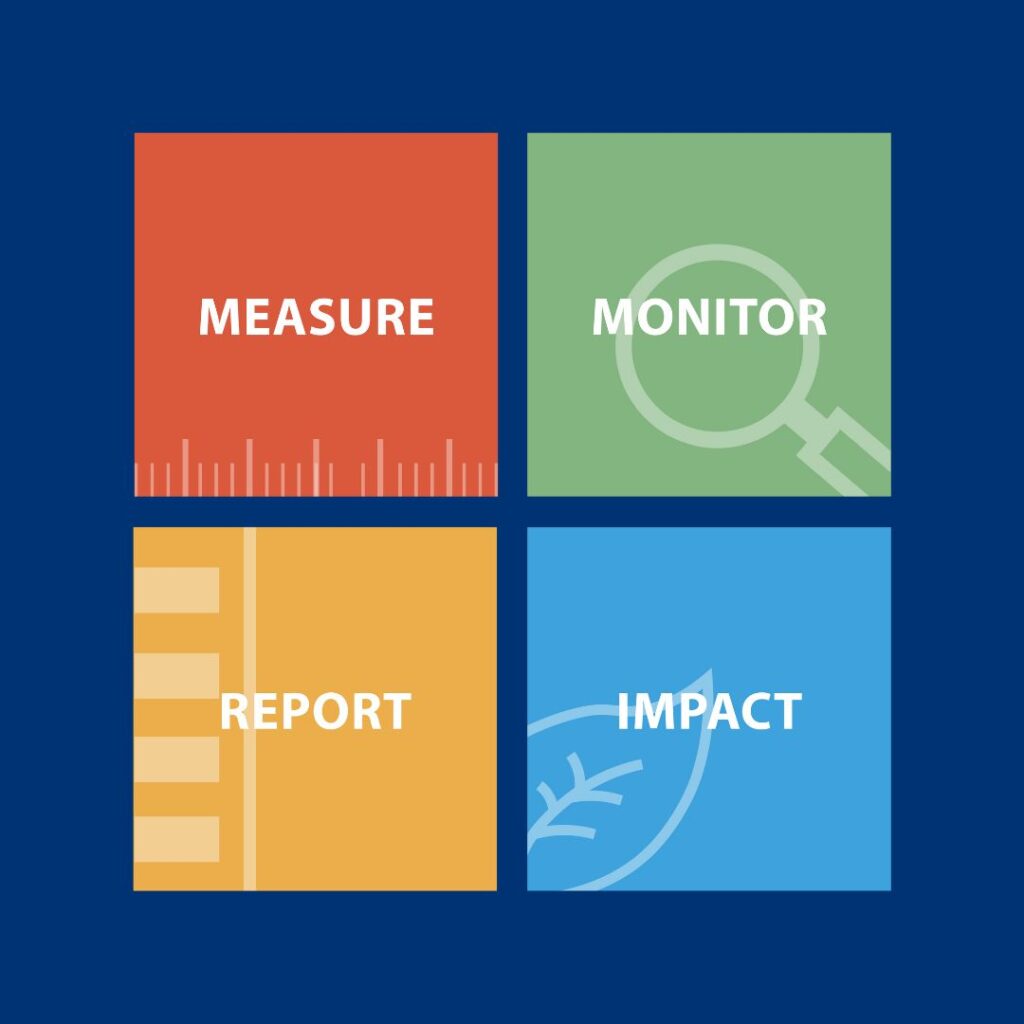
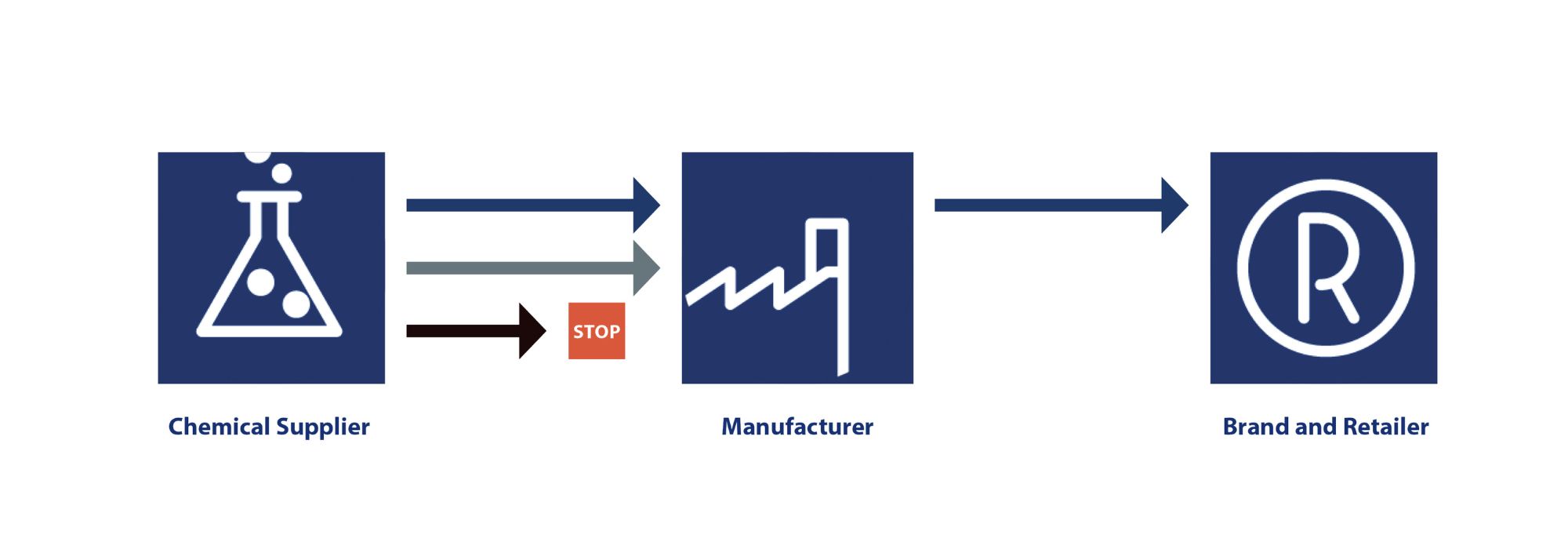

Our Commitment to Sustainable Development Goals (SDGs) 🌍
At bluesign, we are dedicated to six key SDGs:
3 Good Health and Well-being, 6 Clean Water and Sanitation, 7 Affordable and Clean Energy, 8 Decent Work and Economic Growth, 11 Sustainable Cities and Communities, and 12 Responsible Consumption and Production.
Our mission prioritizes competitiveness, compliance with legislative frameworks, and international standards. We are committed to continuous improvement and sustainable growth in the textile industry, ensuring it thrives as a beacon of sustainability and prosperity for future generations.
A word from our partner
MAS Capital

Product, Lives, and Planet form the bedrock of the MAS Plan for Change, serving as the pillars of sustainable apparel manufacturing at MAS Holdings. With a clear vision for the future, the company has set 12 sustainability goals to be accomplished by 2025, and within it, MAS intends to ensure a cleaner manufacturing process and thereby minimize harmful impacts to the environment.
The partnership with bluesign has supported MAS Fabrics – Intimo to move forward on this journey. This partnership demonstrates a commitment to meet specific sustainability criteria, with four particular areas in mind; resource efficiency, environmental impact, health and safety at work, and consumer protection.
Systems and standards such as bluesign act as catalysts to disrupt the way clothes are made, offering solutions for sustainable apparel manufacturing. Adhering to such systems helps eliminate harmful substances and sets stringent standards for environmentally friendly manufacturing. This also allows final textile products to meet consumer safety requirements worldwide, while giving consumers confidence in their purchase decisions.” Sugath Disanayake, Manager – Chemical Sustainability


